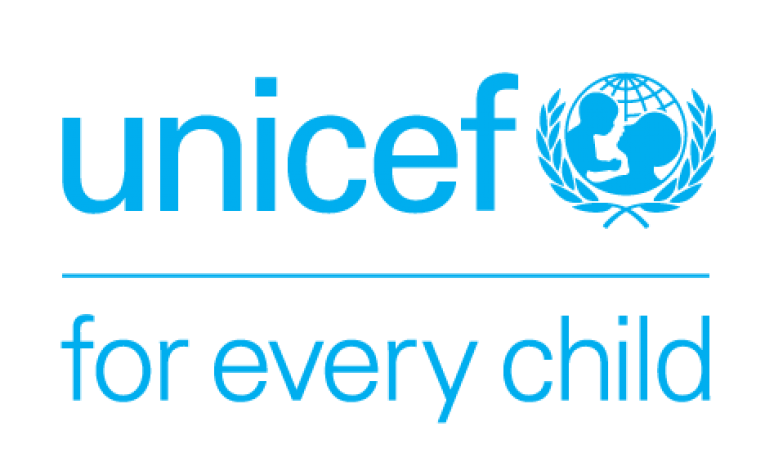New UNICEF, NBIM guidance to help businesses prioritize child rights in global supply chains
A new guidance released today by UNICEF and Norges Bank Investment Management (NBIM) will help clothing and footwear companies better address children’s rights in their global supply chains.
Released ahead of World Day Against Child Labour, the guidance tool is the result of a partnership between UNICEF and NBIM, which manages the assets of the Norwegian Government Pension Fund Global. It involved leading apparel and footwear companies including Adidas, H&M and VF Corporation.
“As the socio-economic consequences of the COVID-19 pandemic threaten the livelihoods of millions of workers in global supply chains, children’s rights must be at the heart of business action,” said UNICEF Deputy Executive Director Charlotte Petri Gornitzka. “We have an opportunity to re-imagine the post-COVID world and build a better garment and footwear sector that supports the right of every child.”
The guidance tool provides practical steps for companies to embed children’s rights in their sustainability strategies and approaches. It calls on companies to gather evidence on how children are impacted; identify bottlenecks; and take proactive steps to integrate children’s rights into their supply chain management systems. It also includes specific metrics, which support the measurement of and reporting on children’s rights outcomes over time.
More specifically, the guidance calls on companies to:
Assess child rights risks and business preparedness to address them;
Integrate child rights into policies and management systems;
Get internal buy-in and engage key decision-makers;
Strengthen supplier capacity to address child rights and root causes;
Monitor and measure outcomes and progress;
Engage stakeholders, workers and implement grievance processes;
Report on outcomes and progress;
Collaborate and invest in multi-stakeholder initiatives;
Support governments and advocate for children’s rights.
“At Norges Bank Investment Management, we see respect for children’s rights as an inherent part of good business practice and risk management” said NBIM Chief Corporate Governance Officer Carine Smith Ihenacho. “Children must be at the heart of companies’ sustainability efforts as they are among the most vulnerable members of society and the basis for future prosperity. It is our hope that the guidance tool and our partnership with UNICEF will contribute to improved market practices and greater respect for children’s rights across the sector.”

